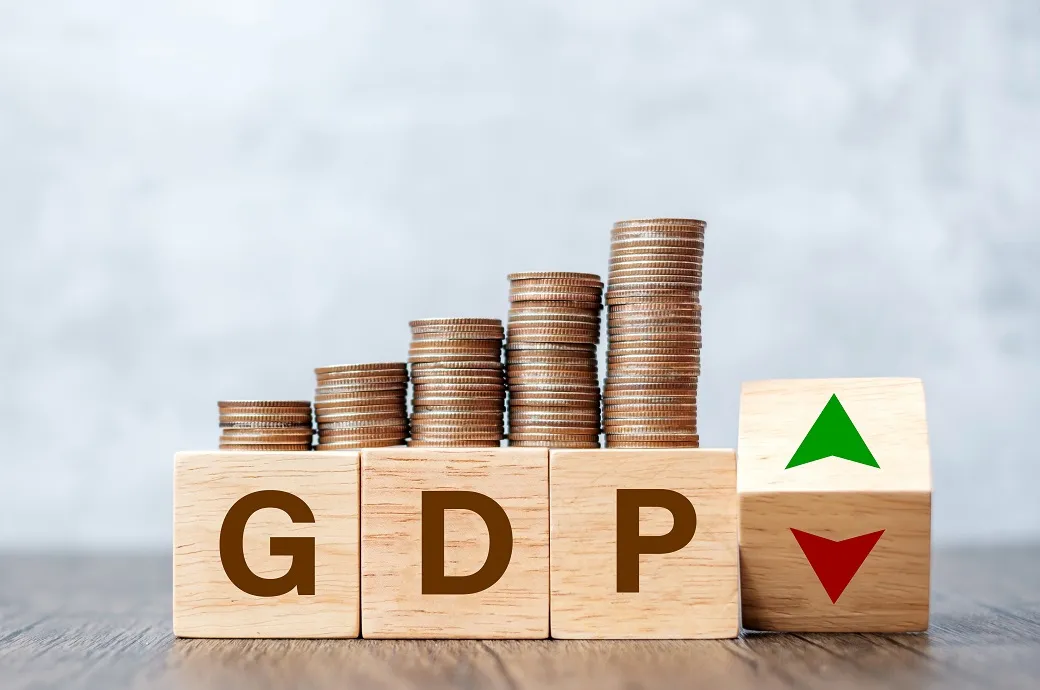Nigeria’s financial sector, which includes banks, insurance companies, and other financial institutions, contributed a total of N1.77 trillion to the country’s economy in the first quarter of 2025, according to a new report by the National Bureau of Statistics (NBS).
This figure represents a 15 per cent year-on-year increase compared to the N1.545 trillion recorded during the same period in 2024.
The NBS disclosed these figures in its Q1 2025 Gross Domestic Product (GDP) report, which provides a breakdown of how different sectors of the economy performed during the first three months of the year.
According to the report, the Financial Institutions sub-sector, which includes commercial banks, microfinance banks, and other financial service providers, was the major driver of the sector’s growth. It added N1.613 trillion to the economy in Q1 2025, showing a 16.8 per cent increase from N1.391 trillion in Q1 2024.
On the other hand, the Insurance sub-sector contributed N164.58 billion, reflecting a 7.1 per cent growth from N153.71 billion recorded in the same period last year.
The NBS noted that the Finance and Insurance Sector is made up of two major parts: Financial Institutions and Insurance. In real terms, the Financial Institutions accounted for 90.74 per cent of the sector, while Insurance made up 9.26 per cent in Q1 2025.
The entire sector grew by 21.01 per cent in nominal terms, year-on-year. Within this, Financial Institutions recorded a 22.82 per cent growth, while Insurance posted a 5.74 per cent increase.
Compared to Q1 2024, the 21.01 per cent overall growth is 9.97 percentage points higher, showing a significant improvement. However, it is 6.43 percentage points lower than the growth recorded in Q4 2024.
In terms of quarter-on-quarter (Q-o-Q) movement, the sector recorded a 2.41 per cent growth in nominal terms.
The sector’s total contribution to nominal GDP rose to 3.07 per cent in Q1 2025. This is slightly higher than 3.00 per cent recorded in Q1 2024 and also better than the 2.70 per cent contribution in Q4 2024.
In real GDP terms (which accounts for inflation), the sector posted a 15.03 per cent growth rate in Q1 2025. This is a big jump of 13.57 percentage points compared to the 1.46 per cent recorded in Q1 2024, and 9.04 percentage points higher than the 6.0 per cent growth rate in Q4 2024.
Quarter-on-quarter, real growth stood at a robust 17.50 per cent, showing that the sector performed strongly compared to the previous quarter.
The Finance and Insurance sector contributed 3.60 per cent to real GDP in Q1 2025, which is higher than the 3.23 per cent in Q1 2024 and the 2.46 per cent recorded in Q4 2024.
Analysts say the positive performance of the financial sector, especially the banking sub-sector, reflects ongoing digital transformation, increased financial inclusion, and higher adoption of mobile banking and fintech services across the country.
They also note that the steady improvement in insurance penetration, although still low compared to global standards, is beginning to reflect in GDP numbers.
However, challenges remain in the area of rising inflation, exchange rate instability, and the need for stronger policy support for small financial players and micro-insurance providers.
With consistent growth in both real and nominal terms, the Finance and Insurance sector remains one of the fastest-growing parts of Nigeria’s economy in early 2025.
